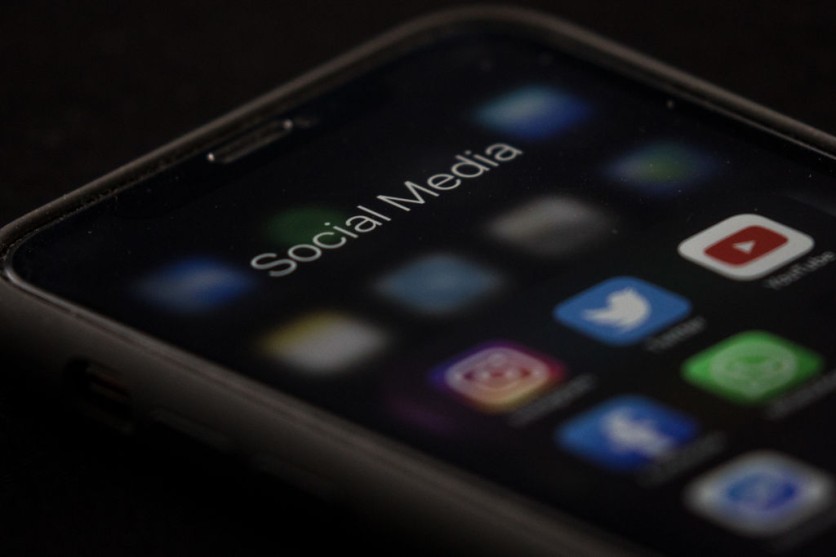Meta, Google, TikTok has officially loss against hundreds of families in a nationwide litigation covering hundreds of lawsuits, as ruled by U.S. District Judge Yvonne Gonzalez Rogers in Oakland, California, according to Reuters.
In a ruling on Tuesday, U.S. social media companies were reportedly not shielded by Section 230 of the Communications Decency Act, that grants tech companies immunity from the actions of third parties, from claims of the applications having inadequate age verification and parental restrictions, failure to report predatory accounts, difficulty deleting accounts, and appearance-altering filters, according to District Judge Yvonne Gonzalez Rogers.
She provided as an example, charges, that firms could have utilized age-verification technologies to notify parents when their children were online. District Judge Rogers states. "accordingly, they pose a plausible theory under which failure to validly verify user age harms users that is distinct from harm caused by consumption of third-party content on defendants' platforms."

However, the court ruled that the corporations had no legal duty to shield consumers from damage caused by other users of their platforms, and she did so by rejecting some of the plaintiffs' claims.
The ruling covers parent companies of major social media applications such as Meta, covering Facebook and Instagram, Alphabet operating Google and Youtube, Bytedance, covering TikTok, and Snapchat.
Social Media as a "Harmful Product"
The hundreds of lawsuits are filed on behalf of numerous children who claimed to have had detrimental impacts on their physical, mental, and emotional well-being due to the children's usage of social media applications covered by Meta, Bytedance, Alphabet, and Snap. These detrimental impacts reportedly includes suicidal thoughts, anxiety, and depression.
"The mental health crisis among American youth is a direct result of these defendants' intentional design of harmful product features," says the plaintiffs' counsel in a joint statement.
With the ruling, the litigation seeks damages and a stop to the social media companies' alleged wrongdoings.
"Today's decision is a significant victory for the families that have been harmed by the dangers of social media," wrote the co-lead plaintiffs' counsel Lexi Hazam, of Lieff Cabraser Heimann & Bernstein; Chris Seeger, of Seeger Weiss; and Motley Rice's Previn Warren.
The co-lead counsel adds that "the court's ruling repudiates Big Tech's overbroad and incorrect claim that Section 230 or the 1st Amendment should grant them blanket immunity for the harm they cause to their users."
Google, Facebook, TikTok on the Ruling
Alphabet Inc. spokesperson José Castañeda reportedly stated in a statement, "protecting kids across our platforms has always been core to our work. In collaboration with child development specialists, we have built age-appropriate experiences for kids and families on YouTube, and provide parents with robust controls. The allegations in these complaints are simply not true."
Requests for comment from Facebook and Instagram's parent company, Meta Platforms Inc., and its attorney, Covington & Burling partner Phyllis Jones, went unanswered. Attorneys Geoffrey Drake of King & Spalding, Andrea Roberts Pierson of Faegre Drinker Biddle & Reath, Jonathan Blavin of Munger Tolles & Olson, and Snap Inc.'s attorney Jonathan Blavin did not attend.
The judge's ruling follows Judge Carolyn Kuhl of Los Angeles County Superior Court's denial to dismiss comparable cases in state courts in California one month prior.
Additionally, other than the cases under judge Rogers, over 140 school districts have also filed complaints against the sector; last month, 42 states and the District of Columbia sued Meta for allegedly encouraging youth addiction to its social networking platforms.

ⓒ 2025 TECHTIMES.com All rights reserved. Do not reproduce without permission.




